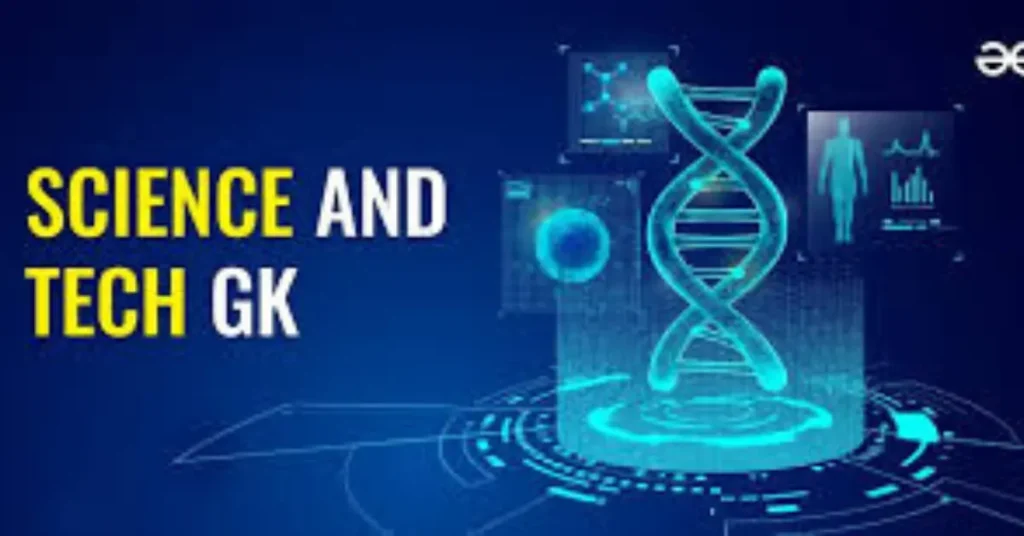A comprehensive understanding of science and technology is imperative in modern banking
examinations. This article elucidates the pivotal role of science and technology in these exams,
offering insights into their significance and relevance.
The Foundation of Modern Banking
At the core of banking operations lies a foundation built upon the principles of science and technology current affairs. Technology forms the backbone of modern banking systems, from the intricate algorithms governing financial transactions to the robust security protocols safeguarding sensitive data. Understanding these foundational elements is crucial for aspirants aiming to excel in bank exams.
Adaptation to Technological Advancements
The banking landscape is in a constant state of evolution, driven by rapid advancements in technology. Concepts such as blockchain, artificial intelligence, and machine learning are reshaping traditional banking practices, enhancing efficiency, and facilitating innovation. Aspirants must stay abreast of these technological developments to successfully navigate the dynamic terrain of banking examinations.
Integration of Science in Banking Operations
Science intersects with banking operations in multifaceted ways, ranging from risk assessment models to data analytics frameworks. A fundamental grasp of scientific principles is indispensable for interpreting statistical data, evaluating market trends, and making informed decisions. Moreover, understanding emerging scientific disciplines, such as biotechnology and nanotechnology, can give aspirants a competitive edge in bank exams.
Navigating Technological Challenges
While technology offers unprecedented opportunities, it also presents unique challenges. Cybersecurity threats loom large in the digital age, necessitating robust measures to safeguard the sensitive information and mitigate compliance. Aspirants must familiarize themselves with cybersecurity protocols, encryption techniques, and data privacy regulations to address these challenges effectively.
Role of Science and Technology in the Financial Inclusion
Science and technology are pivotal in advancing financial inclusion and extending banking services to underserved communities and marginalized populations. Mobile banking, digital wallets, and biometric authentication systems are transforming the financial services landscape, making them more accessible and inclusive. Aspirants must recognize the transformative potential of these technologies and their implications for promoting financial inclusion.
Preparation Strategies for Science and Tech in Bank Exams
Effective preparation strategies are essential for mastering science and technology concepts in bank exams. Aspirants should prioritize understanding fundamental principles, staying updated on recent developments, and practicing application-based questions. Leveraging online resources like science and technology current affairs PDFs, mock tests, and study materials can augment their preparation efforts and enhance their proficiency in science and technology topics.
Leveraging Interdisciplinary Insights
In addition to traditional banking concepts, aspirants must recognize the interdisciplinary nature of banking examinations, which often encompass science, technology, and mathematics elements. Integrating insights from diverse disciplines enables aspirants to better understand banking operations and enhances their problem-solving abilities. By leveraging interdisciplinary insights, aspirants can approach bank exams with a comprehensive skill set, positioning themselves for success in the competitive landscape of modern banking.
Science and technology form the cornerstone of modern banking operations, shaping the landscape of financial services and driving innovation. Aspirants preparing for bank exams must recognize the intrinsic value of science and technology current affairs, equipping themselves with the knowledge and skills necessary to navigate evolving challenges and opportunities in the banking sector. By embracing the nexus of science, technology, and banking, aspirants can position themselves for success in their professional endeavors.
